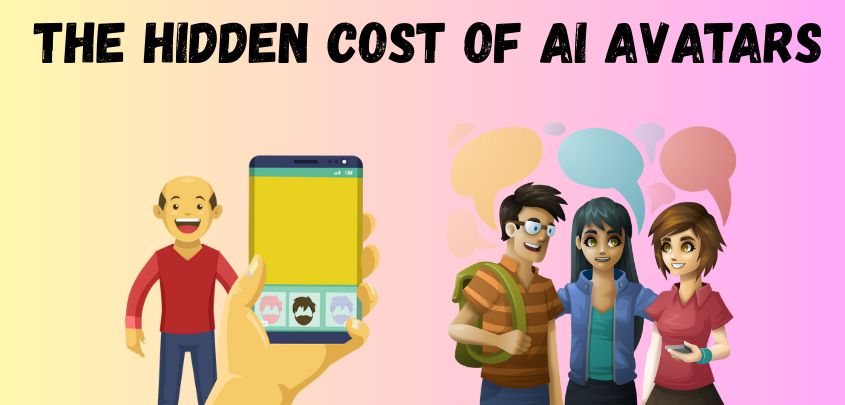
22, Apr, 2025
The Hidden Cost of AI Avatars: How Digital Beauty is Damaging Teen Self-Esteem
Did you know Teenagers who use AI-generated avatars are more likely to struggle with body image issues, according to recent research.
While these avatars might seem harmless or even empowering, research shows a disturbing trend: teens who frequently use AI-generated avatars are more likely to report dissatisfaction with their real appearance.
Why?
Because these avatars become the new standard. Teens start comparing their everyday reflection to a digitally enhanced, unrealistic ideal. It distorts body image and fuels insecurities, especially in younger users still developing their identity.
🔍 What Makes AI Avatars So Powerful?
- Hyper-realism: These avatars feel more “you” than your actual photo — only better.
- Social validation: Likes and comments on AI-enhanced images reinforce the belief that perfection is rewarded.
- Control over identity: Teens experiment with features, skin tone, and facial structure — sometimes to escape their reality.
But when digital beauty becomes the benchmark, natural self-image takes a back seat. The result? Lower confidence, increased body dissatisfaction, and rising anxiety around appearance.
👨👩👧 What Can Parents Do?
- Talk About It
Normalize conversations about filtered beauty. Ask questions like, “How do you feel when you see your avatar vs your real photo?” - Reinforce Offline Confidence
Celebrate qualities that have nothing to do with appearance. Shift focus from how they look to what they do and feel. - Encourage Digital Breaks
Build filter-free zones. Weekends without editing apps, or family photo sessions with no filters allowed. - Watch for Red Flags
If your child starts deleting real photos, avoids mirrors, or constantly re-edits their image — it may signal deeper self-esteem issues.
AI avatars are evolving. But teens need to know that their worth doesn’t need editing. In a world chasing perfection, let’s teach them to value authenticity — both online and off.
